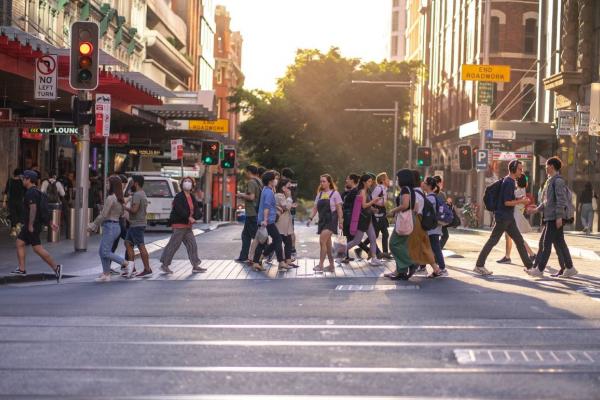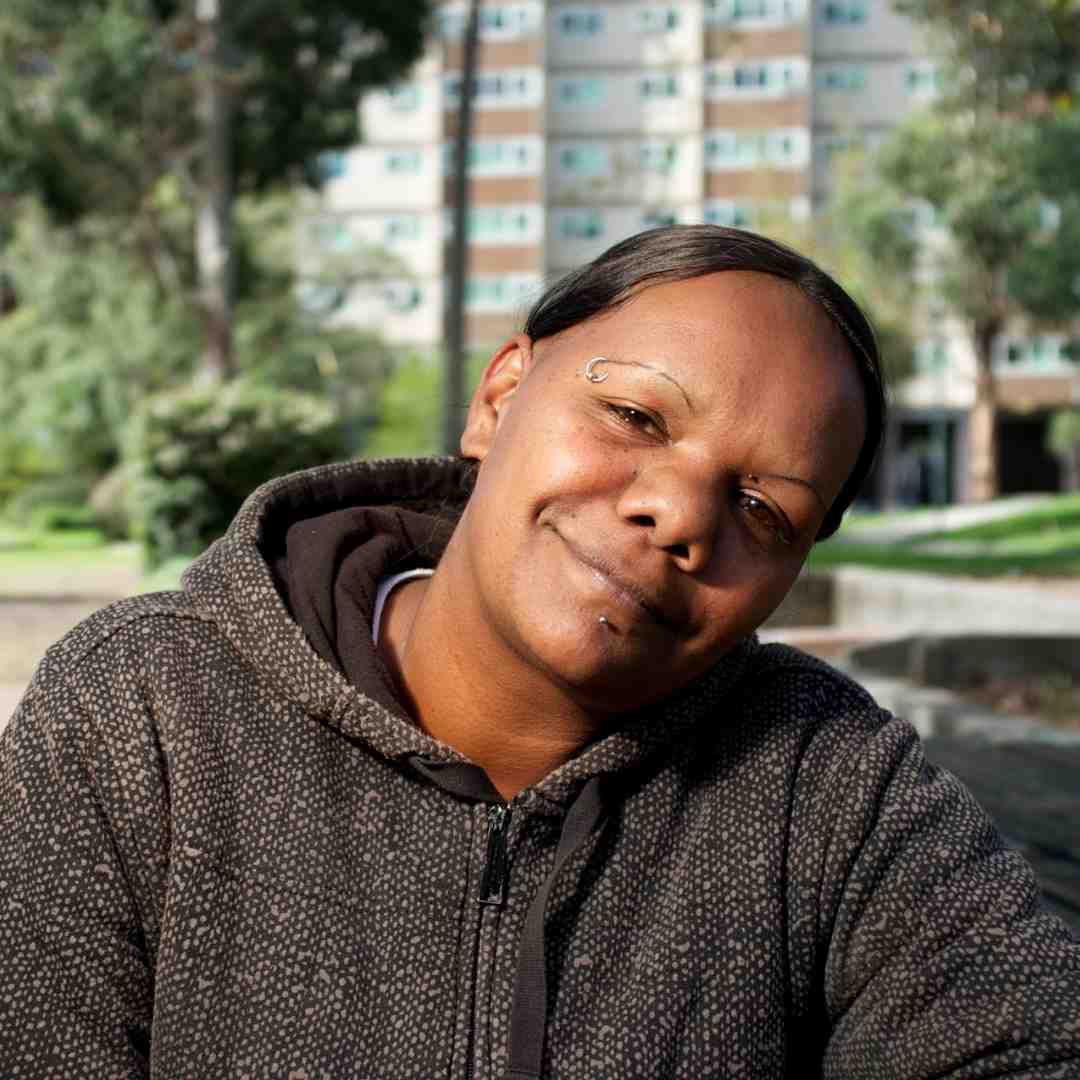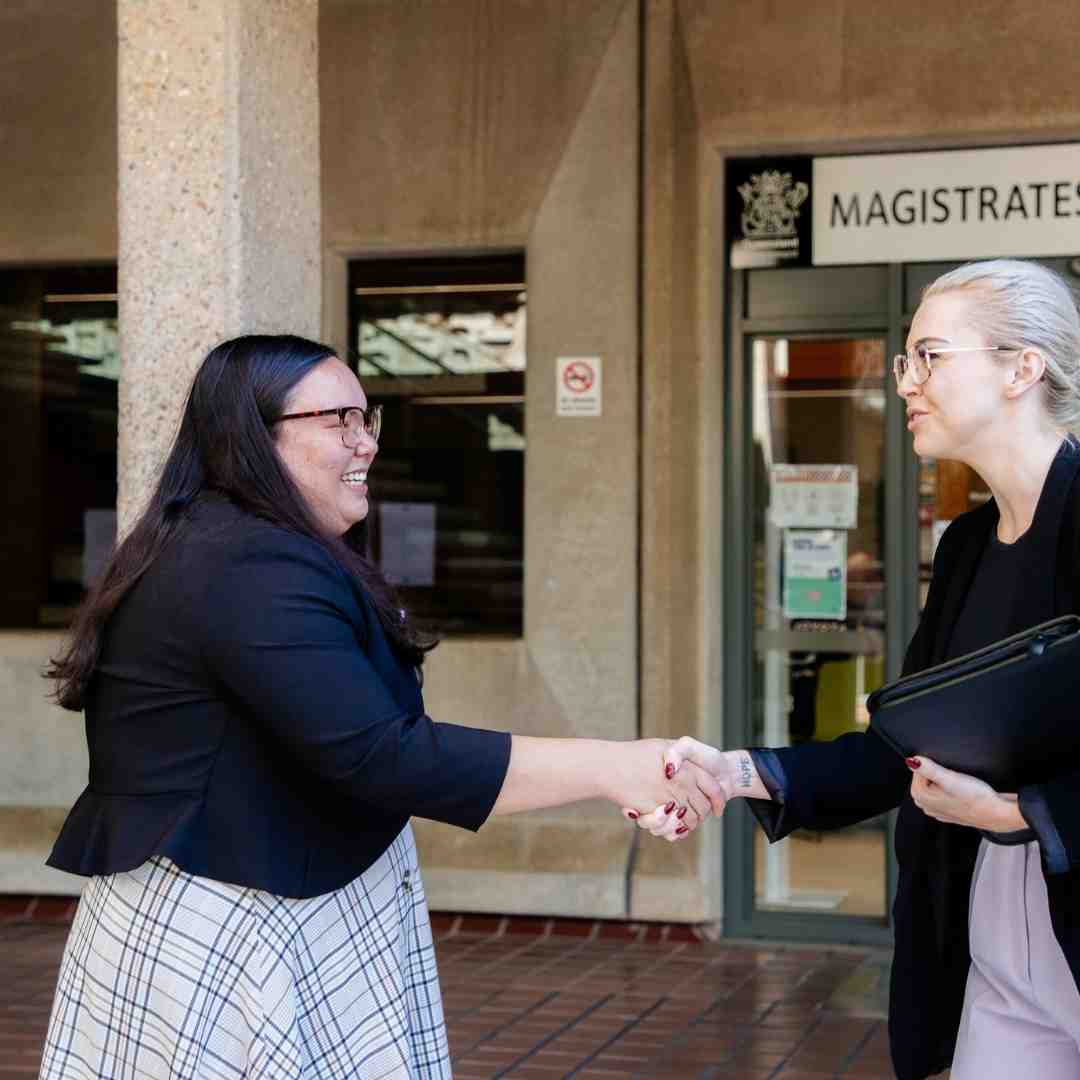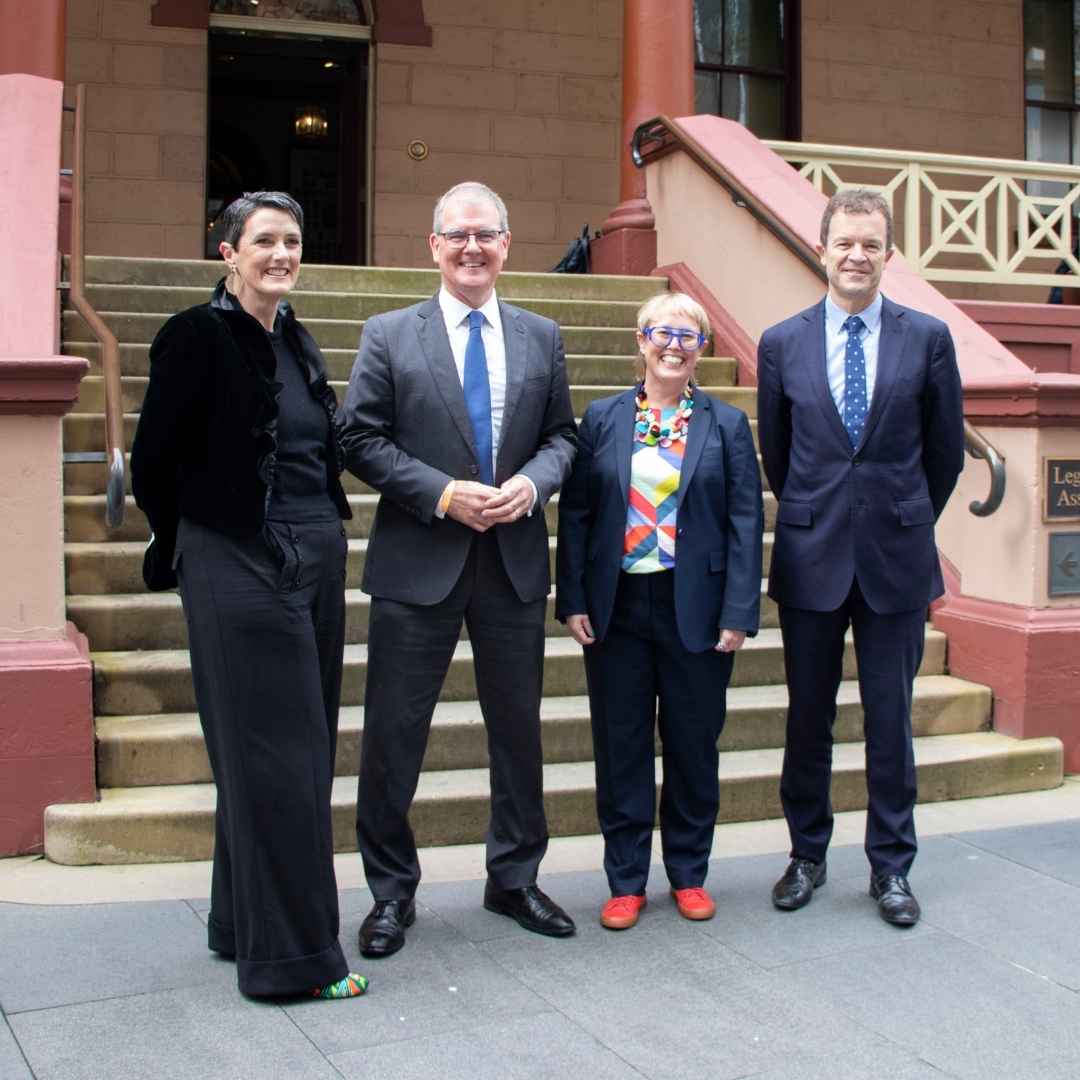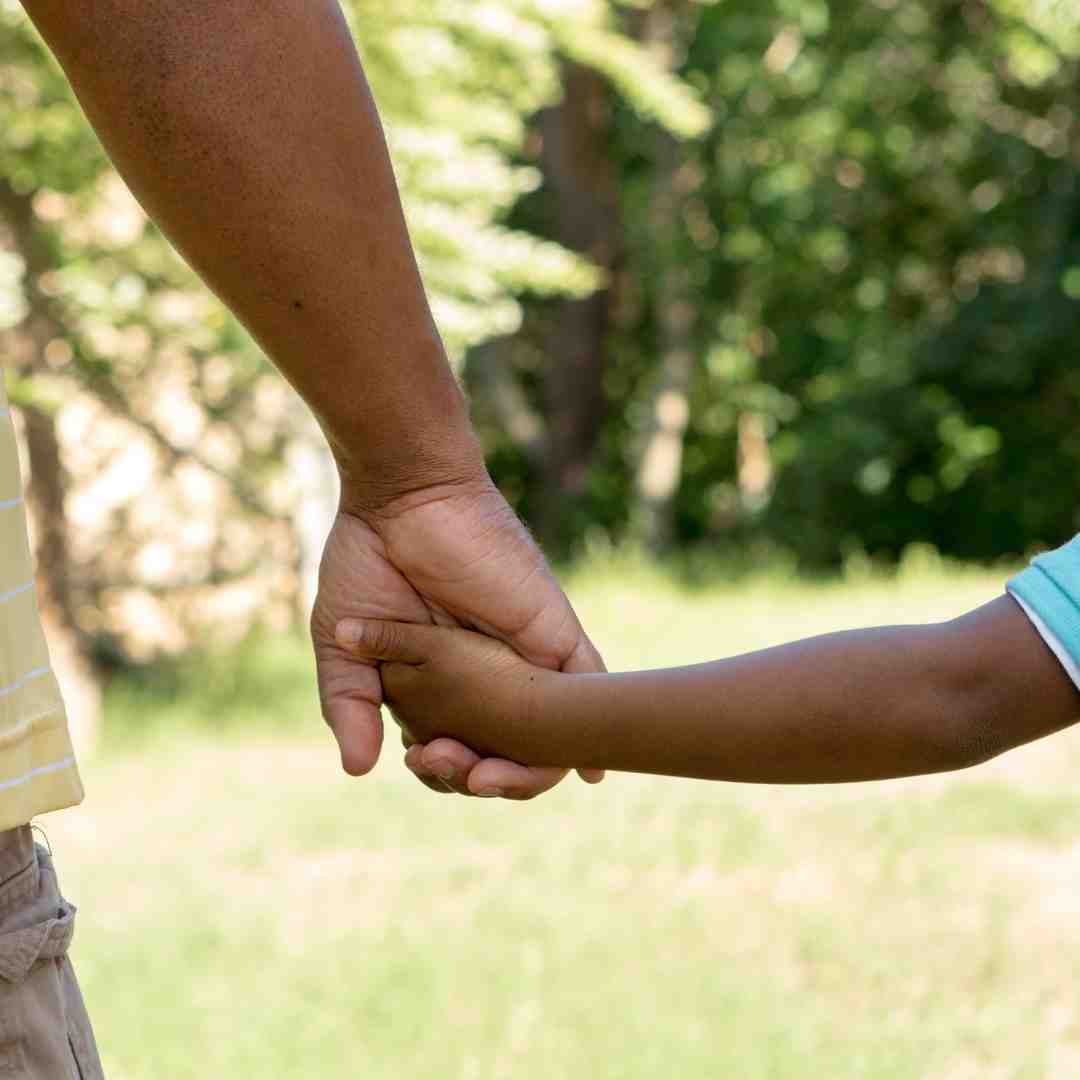Everyone has the right to a healthy and sustainable environment.
Successive governments have failed to safeguard us against climate change and extreme weather events. We want wellbeing, equality, and justice to be at the heart of any attempt to address the climate emergency.
Solutions need to serve everyone, particularly those most affected by climate change, like Aboriginal and Torres Strait Islander people, working class communities, and people in regional, rural and remote areas, and people with disability.
A just transition and a future with healthy air, waterways, and land is possible if we take strong action now.
- Implement a whole-of-government approach to climate change by implementing a Climate
- Change Act for NSW that deals with both climate change mitigation and adaptation in a coordinated way, sets a clear overarching objective to limit the increase in global warming to no more than 1.5 degrees above pre-industrial levels by 2030, and plans for a rapid and just transition away from fossil fuel production and use consistent with Intergovernmental Panel on Climate Change (IPCC) advice.
- Ensure all NSW legislation is climate-ready by reviewing relevant legislation and incorporating clear requirements for climate change mitigation and adaptation that integrate with requirements under the NSW planning system and any stand- alone climate legislation. The review could be undertaken by the Climate Change Division of Premier & Cabinet on advice from the Climate Change Advisory Council.
- Develop just transition plans for individuals and communities most heavily impacted by the transition to a zero-carbon future, including Aboriginal and Torres Strait Islander communities, farmers, communities exposed to extreme heat, bushfires and flooding, and communities that rely on mining or high-emissions farming as major sources of employment.
- Just transition plans should:
- Recognise and protect Aboriginal and Torres Strait Islander people’s rights to land and water.
- Adequately address the needs of people and communities already experiencing social or economic disadvantage or discrimination so that they benefit equally from the transition to a zero-carbon future.
- Require companies and industries most responsible for high emissions to subsidise just transitions for people and places.
- Strengthen pollution laws and compliance to ensure all communities across NSW have access to clean air and water.
- Ensure access to adequate and clean drinking water in rural, regional, and remote communities.
- Increase the number and extent of protected areas, and ensure there is no significant reduction in or degradation of protected areas.
- Increase protections for threatened species. Prioritise post-bushfire threat status assessments and use appropriate mechanisms, including emergency listing provisions, to ensure threatened species are listed according to their current threat status. Ensure that the NSW Biodiversity Conservation Program is delivering improved outcomes for threatened species.
- Strengthen land clearing laws to curb excessive land clearing, including by finalising maps, revising and tightening land clearing codes, and improving compliance and enforcement.
- Overhaul the rules around biodiversity offsetting in line with best practice and best available science.
- Update forestry laws, taking into account the impacts of the 2019-2020 bushfires and consistent with the principles of ecologically sustainable forestry management, including with respect to increased transparency and reporting, third party enforcement rights, and responding to environmental challenges such as climate change and biodiversity loss.
- Recognising the value of forests as carbon sinks and bio-diverse ecosystems, galvanise the transition from native forest logging to plantations.
- Ban the burning of native forest biomass for energy.
- Improve environmental monitoring and management of pollution and threatening processes on ecosystems.
- Acknowledge animal sentience in NSW law, following jurisdictions such as the Australian Capital Territory (see section 4A of the Animal Welfare Act 1992 (ACT)) and the United Kingdom.
- Establish an independent office of animal protection, as recommended by the 2020 Select Committee of Inquiry into the Enforcement of Animal Cruelty Laws in NSW.
- Integrate plans to address climate impacts, including extreme weather events and disasters, on native wildlife and introduced species through climate change laws and policies.
- Implement climate-ready planning laws.
- Develop an overarching Climate Change State Environmental Planning Policy to improve integration of climate mitigation, transition and adaptation targets and measures within the planning system.
- Review and update all existing State Environmental Planning Policies to ensure they contribute to reducing greenhouse gas emissions in line with legislative targets. Plan for a rapid and just transition away from fossil fuel production and use, and address climate change impacts and risks, including through relevant climate adaptation measures.
- Require planning authorities to address climate change considerations when preparing and making strategic plans and planning decisions.
- Impose a duty for decision-makers to refuse planning and development proposals with unacceptable climate change impacts.
Latest news
Eleven key legislative and policy reforms to improve access to justice in NSW.
The current policy and law reform priorities for Community Legal Centres NSW.
A summary of our submission into the review of the Aboriginal Cultural Heritage Bill 2018 (NSW).


